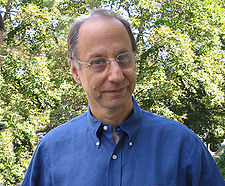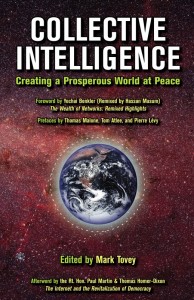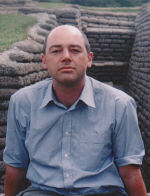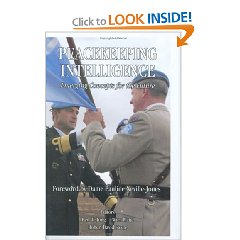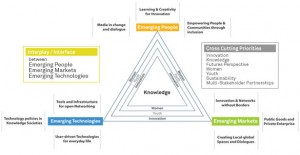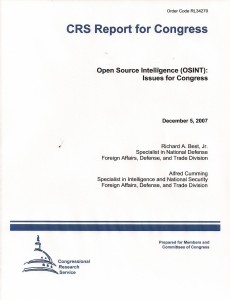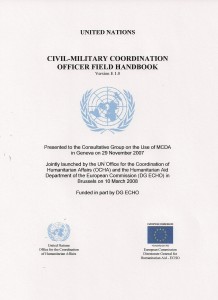David Weinberger (born 1950 in New York) is an American technologist, professional speaker, and commentator, probably best known as co-author of the Cluetrain Manifesto (originally a website, and eventually a book, which has been described as “a primer on Internet marketing”). Weinberger's work focuses on how the Internet is changing human relationships, communication, and society. A philosopher by training, he holds a Ph.D. from the University of Toronto and taught college from 1980-1986. He was a gag writer for the comic strip “Inside Woody Allen” from 1976-1983. He became a marketing consultant and executive at several high-tech companies, and currently serves as a fellow at the Berkman Center for Internet and Society at Harvard Law School, where he co-teaches a class on “The Web Difference” with John Palfrey. He had the title Senior Internet Advisor to Howard Dean‘s 2004 presidential campaign, and provided technology policy advice to John Edwards‘ 2008 presidential campaign.
His seminal book is Everything is Miscellaneous: The Power of the New Digital Disorder.

